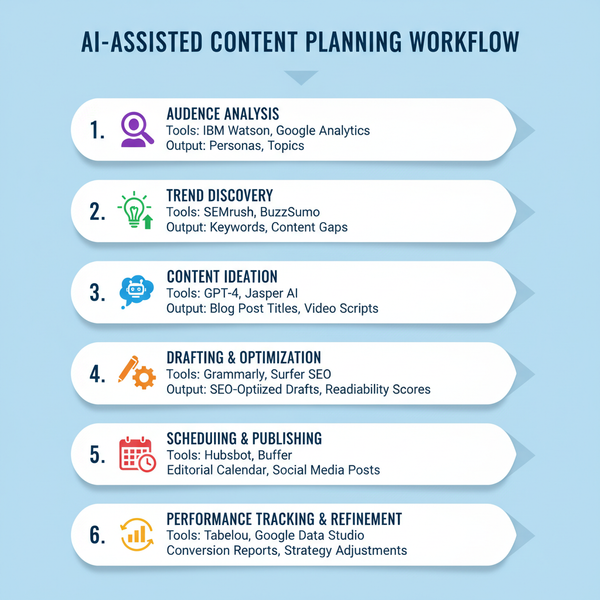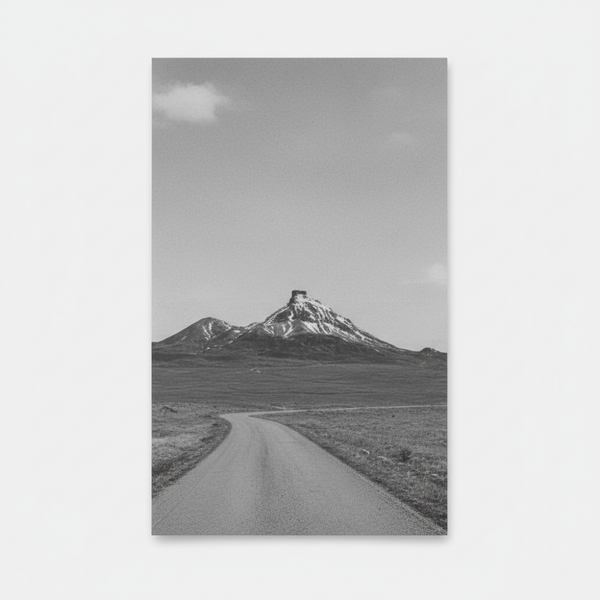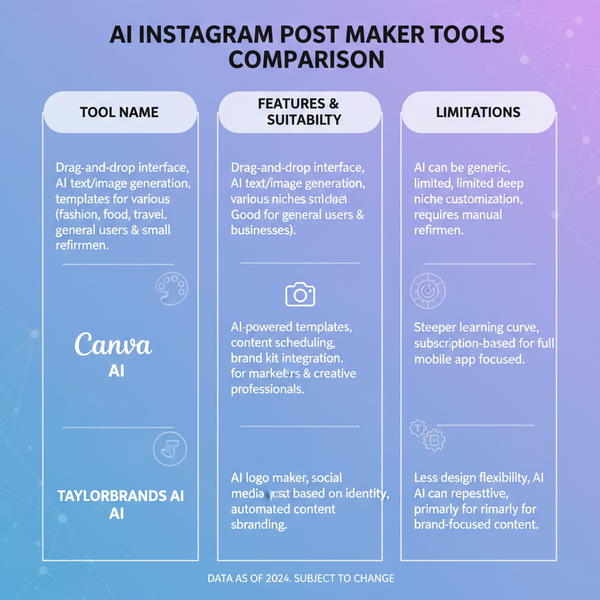9 16 Social Media Content Guide for Higher Engagement
Learn how to create high-performing 9:16 vertical videos with technical specs, composition rules, and strategies to boost engagement on mobile platforms.
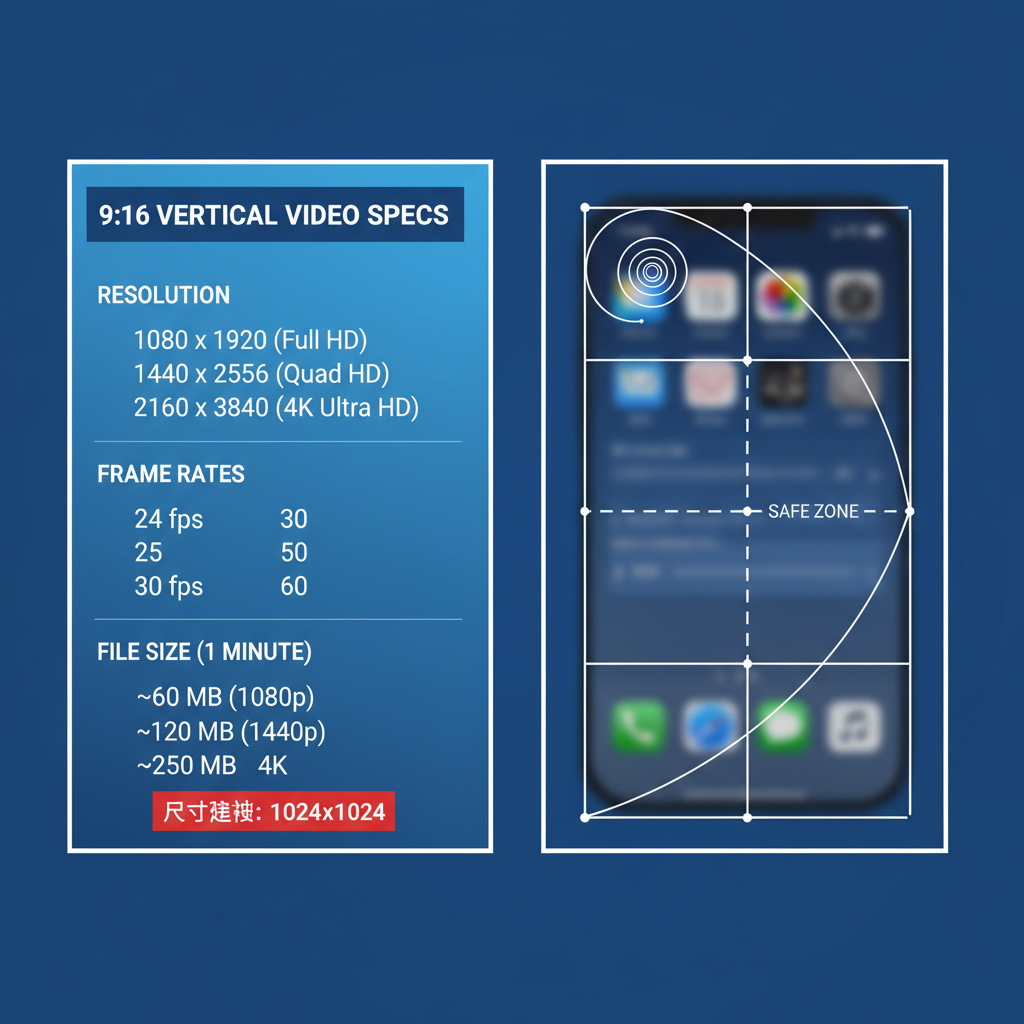
9:16 Social Media Content Guide for Higher Engagement
The 9:16 social media video format has become crucial for creators and brands aiming to maximize engagement on mobile-dominant platforms. As apps like Instagram Reels, TikTok, and YouTube Shorts continue to prioritize fullscreen vertical content in their algorithms, mastering this aspect ratio is key to improved reach, watch time, and audience retention.
This guide walks you through technical specifications, creative strategies, and performance optimization to help your vertical content stand out.

---
Understanding the 9:16 Aspect Ratio
The 9:16 aspect ratio is a vertical rectangle—nine units wide by sixteen units tall—designed specifically for mobile-first consumption. Compared to the traditional horizontal 16:9 format, it fills the smartphone screen entirely, creating a more immersive user experience.
Why it matters:
- Delivers a fullscreen experience without black bars.
- Meets native display standards of leading social media feeds and stories.
- Enhances algorithmic performance by matching platform-preferred specs.
---
Platforms That Prioritize 9:16 Content
Several high-traffic platforms have fully integrated vertical video into their discovery and feed systems:
- Instagram Reels
- TikTok
- YouTube Shorts
- Snapchat Spotlight
- Facebook Reels
These networks often surface vertical posts in suggested content streams ahead of horizontal videos, giving creators a competitive edge.
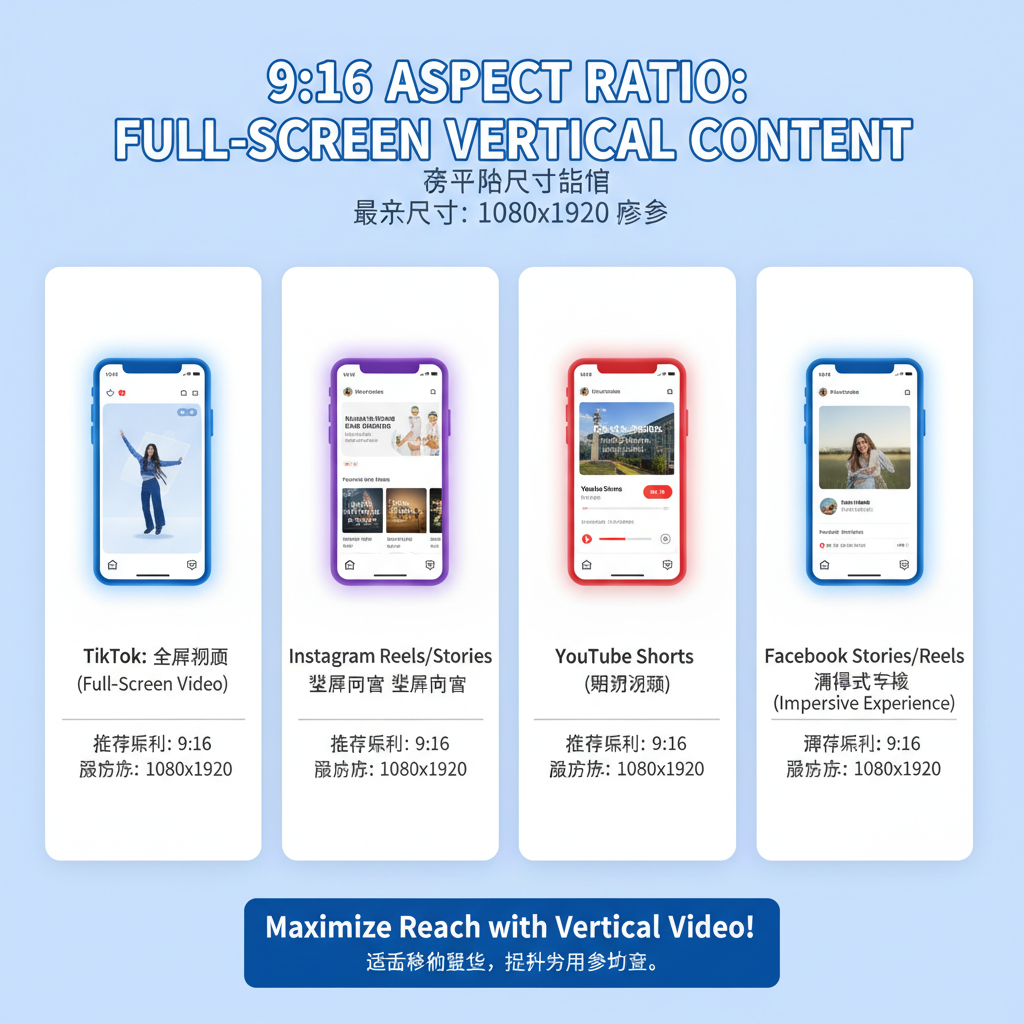
---
Technical Specifications for 9:16 Social Media Videos
To maximize playback quality and upload efficiency, adhere to these recommended standards:
| Specification | Recommended Standard |
|---|---|
| Resolution | 1080 x 1920 pixels |
| Aspect Ratio | 9:16 |
| Frame Rate | 30 fps or 60 fps for smoother motion |
| File Size | < 100 MB for optimal upload speed |
| File Format | MP4, MOV |
| Bitrate | 5 - 12 Mbps |
Pro tip: Platform specifications evolve—check updated guidelines before major production runs.
---
Planning Content for Vertical Storytelling
Vertical storytelling requires intentional framing and pacing to capture attention within seconds.
Steps to plan:
- Define a clear core message that benefits from portrait orientation.
- Keep segments short and punchy for mobile consumption.
- Position focal subjects in the center of the frame.
- Employ visual cues suited to quick vertical scanning.
---
Visual Composition Rules for Vertical Framing
Fundamental composition principles still apply in 9:16 formats:
- Rule of Thirds: Align major elements along horizontal thirds for balance.
- Eye-Level Focus: Place a subject’s eyes roughly one-third from the top.
- Safe Zones for Text: Keep text and stickers within the central 80% to avoid UI interference.
Example safe zone overlay:
---------------------
| |
|--------------|
| |
------------------------
Adapting Horizontal Content to Vertical Format
Repurposing 16:9 clips can be effective when carefully reframed:
- Crop strategically to emphasize the subject in portrait.
- Stack visual elements or add vertical-optimized text overlays.
- Avoid stretching—maintain native resolution for clarity.
---
Leveraging Native Editing Tools
Platform-native editors offer features that boost in-app engagement:
- TikTok: Effects, sound library, auto captions.
- Instagram Reels: Filters, AR assets, music integration.
- YouTube Shorts: Trimming, timed text, audio sync.
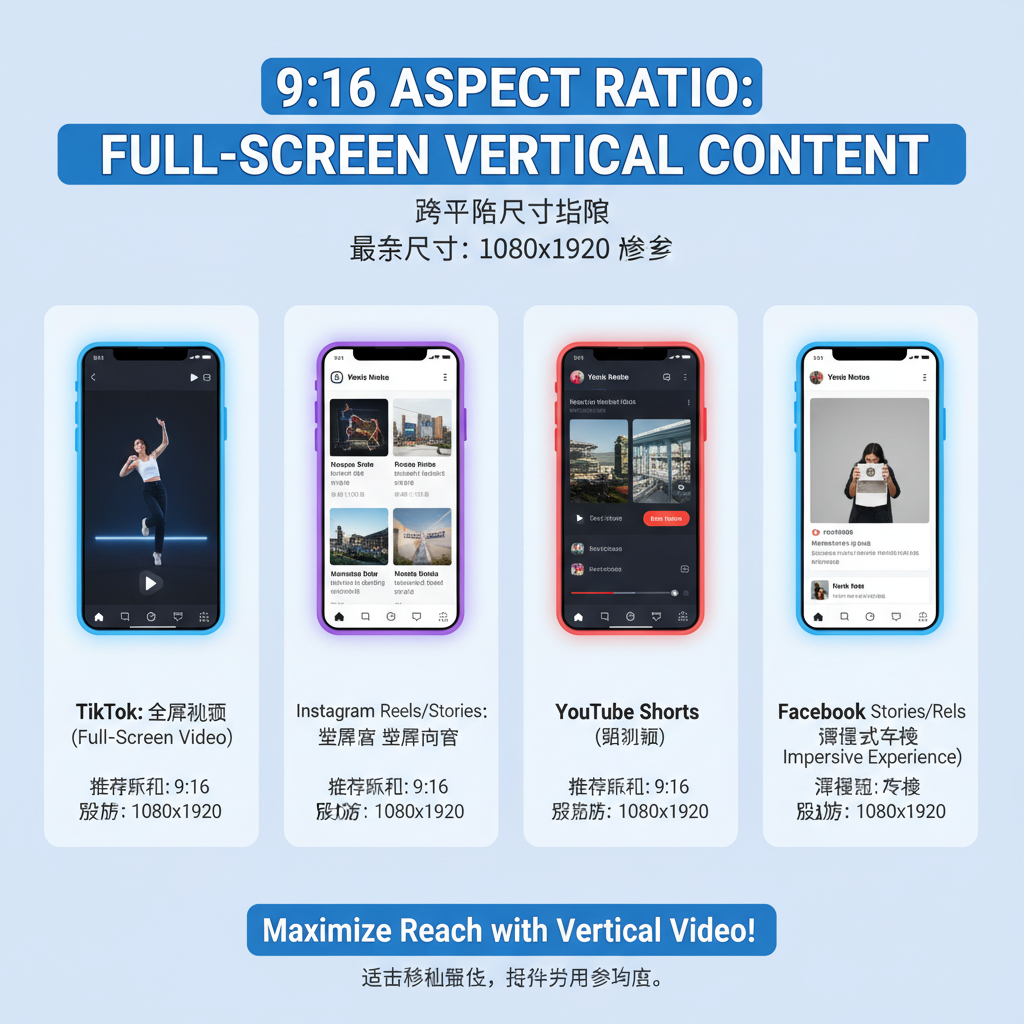
Tip: While Premiere Pro or Final Cut Pro provide advanced control, native tooling adds platform-specific polish.
---
Captions, Stickers, and Music for Higher Retention
Effective overlays can significantly lift metrics:
- Captions enhance accessibility and comprehension.
- Stickers serve as visual hooks, breaking content monotony.
- Music drives memorability and emotional impact.
Best practice: Match trending audio to increase chances of being algorithmically featured.
---
Performance Metrics Unique to Vertical Content
Track data to refine your vertical strategy:
| Metric | Meaning | Goal |
|---|---|---|
| Watch Time | Total minutes viewed | Improving week over week |
| Completion Rate | Percent watching to the end | > 50% for shorts |
| Shares | Times content is forwarded | Grow virally via organic reach |
| Engagement Rate | Likes, comments, saves combined | > 10% interaction |
---
Testing Hooks Within the First 3 Seconds
Use rapid tests to find your strongest opening moves:
- Bold text overlays.
- Visual surprises or jump cuts.
- Compelling questions.
- Fast-paced motion.
---
Batch-Producing Vertical Videos
Maintain consistency with efficient production workflows:
- Script in batches to unify tone and save prep time.
- Film sequentially for lighting continuity.
- Edit in focused sprints to hit publishing deadlines.
---
Cross-Posting and Tailoring CTAs
When distributing across platforms:
- Adjust captions to match audience culture.
- Align calls-to-action (“Follow” vs. “Subscribe”) with platform language.
- Tweak layout for individual UI overlays.
---
Integrating 9:16 Into Your Social Media Calendar
Structure calendars with vertical content in mind:
- Tag posts made in 9:16 format.
- Schedule per-platform distribution dates/times.
- Incorporate trends and challenges relevant to vertical feeds.
Example workflow:
- Monday – Film/edit 3 vertical clips.
- Tuesday – Publish on TikTok.
- Wednesday – Adapt for Instagram Reels.
- Friday – Share highlight via YouTube Shorts.
---
Summary and Next Steps
The 9:16 social media aspect ratio is now a must-have for mobile-focused marketing. By applying the best practices in structure, composition, storytelling, and analytics shared in this guide, you can improve your vertical video performance across every major platform.
Start implementing these strategies today, experiment with hooks and native tools, and watch your engagement grow—subscribe or follow for more actionable social content insights.

